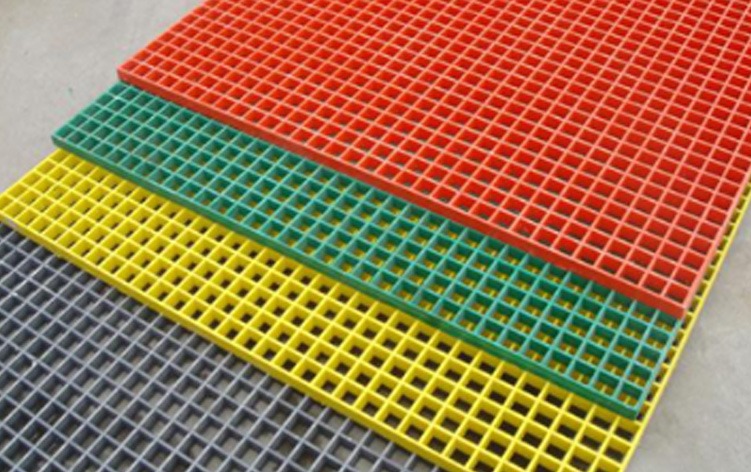Ultraviolet (UV) degradation is a form of photocorrosion caused by light of very short wavelengths; between approximately 10 - 400 nanometers (nm). Waves in this band are shorter than those of visible light and are not visible to the naked eye, but they account for 10% of the sun's total light output. UV radiation may not be visible to humans, but its effects on materials are self-evident, especially in sunny climates. UV radiation photobleaching can affect textiles, wood, steel, aluminum, polymers, etc., creating optical inconsistencies and accelerating other forms of corrosion.
In this blog post, wm explores the ability of fiberglass products to resist UV degradation in real-world environments.
Fiberglass products that are continuously exposed to UV radiation may experience unsightly discoloration. However, this phenomenon is not unique to fiberglass and is not related to the structural integrity of the component. The degree of fading varies greatly depending on the color of the component, the intensity and duration of direct sunlight, and the presence or absence of surface masking materials.
Masking the exposed surfaces of components is one of the most effective ways to reduce the effects of photobleaching in fiberglass products. UV-stabilized, polyurethane-based coatings provide long-lasting protection against fading, ensuring that exterior components retain their design specification aesthetics for as long as possible.

However, there is a more complex form of UV degradation that is unique to fiberglass products. Continued exposure to sub-visible light causes the glass fibers in fiberglass products to weaken, leading to their exposure in a process known as "fiber frosting". This first causes visual and tactile inconsistencies that may be uncomfortable to the touch. Without proper maintenance, this surface defect can lead to mechanical and structural damage, which can affect the actual quality of the product.
Surface masking and coating help to prevent frosting of the fibers, but the strongest UV resistance is ensured by polymer resins impregnated with UV inhibitors. This is integrated into the fiberglass product at the pultrusion stage, providing uniform UV resistance across the entire component cross-section.WEITONG fiberglass products are all UV resistant as standard, providing excellent weathering resistance under near constant exposure to intense UV light.
WEITONG's expertise in designing and manufacturing glass fiber products through pultrusion is unparalleled. We offer a wide range of proven products with excellent weathering resistance, as well as customized component services that include a variety of UV inhibitors and surface masking materials to ensure optimal performance under your end-use specifications.
If you would like to learn more about our fiberglass products, please feel free to contact a member of our team.